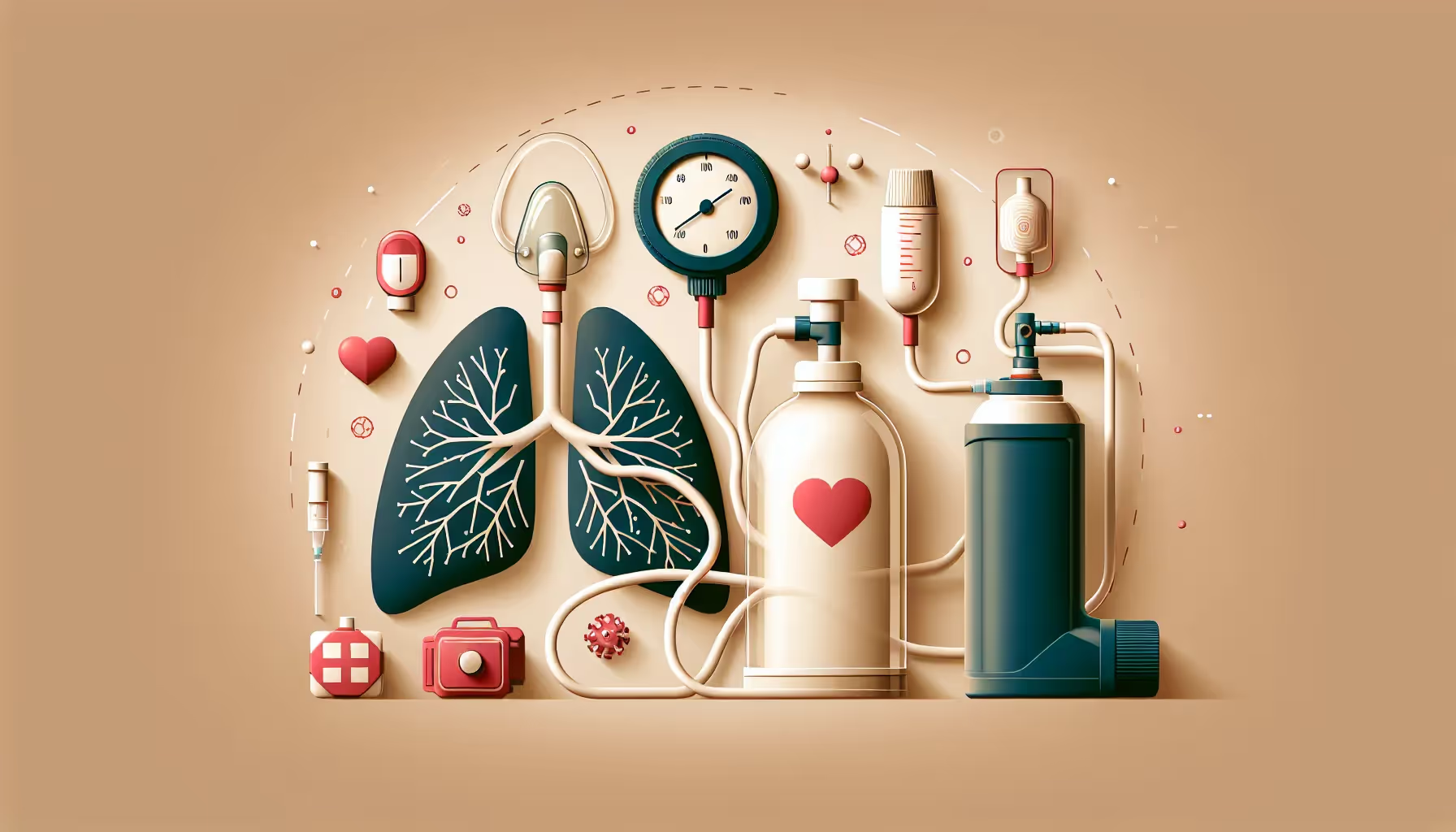Accelerate Your Career with a 12-Month Respiratory Therapy Program
Are you eager to join the healthcare field and make a meaningful impact on patients' lives? A fast-track 12-month respiratory therapy program can help you achieve your career goals in a short time. Whether you're switching careers or entering the healthcare industry for the first time, an accelerated respiratory therapy program can provide you with the necessary skills and knowledge to work in hospitals, clinics, and other medical settings.
What Is a Fast-Track Respiratory Therapy Program?
A fast-track respiratory therapy program is an intensive, short-term educational path designed to prepare students for a career as a respiratory therapist in just 12 months. Unlike traditional programs, which may take two to four years to complete, these accelerated programs focus on essential coursework, hands-on training, and clinical experiences to help you enter the workforce quickly.
Why Choose an Accelerated Respiratory Therapy Program?
The demand for skilled respiratory therapists is increasing as respiratory conditions, such as asthma, COPD, and sleep apnea, continue to affect millions of people. Here are some reasons why a 12-month program might be the right choice for you:
- Quick Entry into the Workforce: A one-year respiratory therapy program allows you to start working sooner, giving you an edge in the healthcare industry.
- High Job Demand: The need for respiratory therapists is growing, providing job stability and career advancement opportunities.
- Hands-On Training: Most programs include clinical rotations, allowing you to gain real-world experience in healthcare settings.
- Affordable and Cost-Effective: A shorter program means lower tuition costs and an earlier earning potential.
What to Expect in a 12-Month Respiratory Therapy Program
An accelerated respiratory therapy program is both rigorous and rewarding. You will participate in a combination of classroom instruction, laboratory exercises, and clinical practice to develop the skills needed for patient care. Some of the key areas covered in the curriculum typically include:
- Anatomy and Physiology: Understanding the respiratory system and how it functions.
- Respiratory Care Procedures: Learning how to administer oxygen therapy, aerosol medication, and mechanical ventilation.
- Patient Assessment: Evaluating and diagnosing patients with breathing disorders.
- Pharmacology: Studying medications used in respiratory therapy and their effects.
- Equipment Operation: Gaining experience with ventilators, oxygen delivery systems, and other respiratory therapy tools.
- Clinical Training: Hands-on practice in hospitals, clinics, and emergency care settings.
Who Should Enroll in a Fast-Track Respiratory Therapy Program?
This program is ideal for individuals who are committed to intensive learning and ready to enter the workforce quickly. You may be a good fit if you:
- Have a passion for healthcare and patient care.
- Enjoy working in fast-paced medical environments.
- Are detail-oriented and have strong problem-solving skills.
- Can commit to an intensive, full-time educational experience.
Career Opportunities After Completing a Respiratory Therapy Program
After completing a 12-month program, you will be eligible to work in various healthcare settings. Respiratory therapists play a crucial role in treating patients with breathing difficulties, and you can find employment in:
- Hospitals and Intensive Care Units (ICUs)
- Sleep Disorder Clinics
- Emergency Rooms and Trauma Centers
- Home Healthcare Services
- Pulmonary Rehabilitation Centers
- Specialized Medical Clinics
Many respiratory therapists also choose to continue their education and specialize in areas such as neonatal care, cardiopulmonary diagnostics, or pulmonary rehabilitation.
Licensing and Certification: What You Need to Know
Before practicing as a respiratory therapist, you must obtain certification and licensure. Most states require completion of an accredited program followed by passing the Certified Respiratory Therapist (CRT) or Registered Respiratory Therapist (RRT) exam. Obtaining these credentials demonstrates your expertise and enhances job opportunities.
How to Succeed in a Fast-Track Respiratory Therapy Program
Since an accelerated respiratory therapy program is intensive, staying focused and organized is essential. Here are some tips to help you succeed:
- Stay Organized: Keep track of coursework, exams, and clinical requirements to manage your time effectively.
- Participate Actively: Engage in hands-on training and ask questions to enhance your learning experience.
- Build Strong Study Habits: Dedicate time each day to reviewing materials and mastering respiratory therapy concepts.
- Network with Professionals: Connect with instructors, healthcare professionals, and classmates to build a support system and gain career insights.
- Take Care of Yourself: Prioritize sleep, nutrition, and stress management to maintain your energy and focus.
Is a 12-Month Respiratory Therapy Program Right for You?
Choosing a fast-track respiratory therapy program is a significant step toward a rewarding healthcare career. If you're eager to make a difference in patients' lives while enjoying job stability and career growth, this accelerated program can help you achieve your goals faster. With the right training, certification, and dedication, you'll be on your way to a fulfilling career as a respiratory therapist in just one year.
Take the first step today and explore your options for a 12-month respiratory therapy program. Your future in healthcare is within reach!









.svg)



